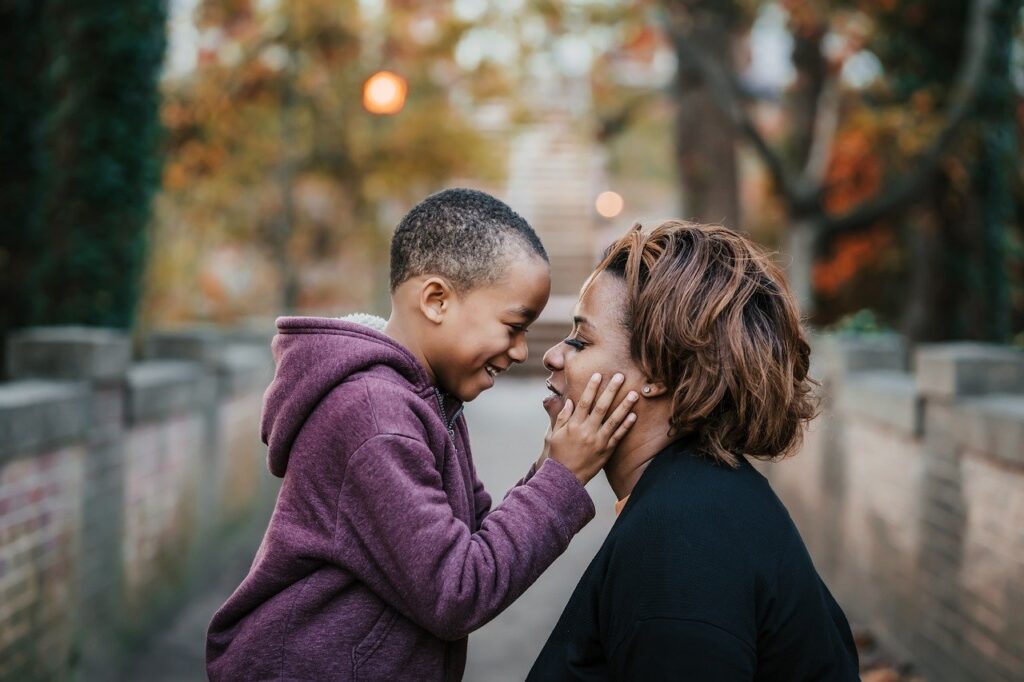When it comes to a child’s education and overall success, there’s one element that stands above all others: parent involvement. It’s a crucial component that often goes overlooked in discussions about education, yet its impact is profound. As someone deeply invested in the intersection of education and social justice, I believe it’s essential to highlight the powerful role that parents play in shaping their children’s academic journeys. But beyond just participation, there’s a deeper cultural benefit that comes from authentically engaging families in the school community.
Why Parent Involvement Matters
Education isn’t just the responsibility of teachers and schools; it’s a collaborative effort that thrives on the active participation of parents, teachers, administrators, and the broader community. When parents are engaged, students are more likely to excel academically, develop positive behaviors, and build the resilience needed to navigate challenges both in and out of the classroom.
Parents bring unique insights into their children’s strengths, interests, and needs. By advocating for their children, they help ensure that their educational experience is tailored to foster growth and success. When parents take an active role in their child’s education, they send a powerful message: education matters, and it’s worth investing in.
The Cultural Benefits of Authentic Engagement
When schools take the time to engage families authentically, they are not just building partnerships—they are weaving the rich cultural fabric that reflects the diverse backgrounds of their students. Every family brings its own unique culture, traditions, and perspectives to the table. When these are embraced and integrated into the school community, it creates an environment where all students feel seen, heard, and valued.
Authentic engagement goes beyond superficial gestures. It’s about schools and teachers being intentional in their efforts to understand the diverse cultural contexts from which their students come. This means taking the time to learn about families’ values, traditions, and experiences, and finding meaningful ways to incorporate these into the classroom and school activities. When families see their culture represented and respected in the school environment, it fosters a sense of belonging and strengthens the connection between home and school.
The Role of Teachers in Building Relationships
For authentic engagement to happen, teachers play a pivotal role. Building strong, trusting relationships with families is essential. This requires teachers to be intentional in their interactions, going beyond just the academic aspects of their students’ lives. By showing genuine interest in their students and their families, teachers can create a bridge that connects the home and school environments.
Teachers can start by reaching out to families early in the school year, not just when there are challenges, but to build rapport and establish a foundation of trust. They can also make an effort to understand the individual needs and cultural backgrounds of their students, which helps in tailoring their teaching approaches to better support each child’s learning.
Another key aspect is creating opportunities for families to share their cultural knowledge and experiences with the school community. Whether it’s through cultural celebrations, storytelling sessions, or simply encouraging students to share their family traditions, these efforts can enrich the learning environment for all students.
Intentionality and Genuine Interest
Intentionality is key. When teachers are intentional about building relationships with families, they create an atmosphere where parents feel comfortable and confident in contributing to their child’s education. This goes hand in hand with showing genuine interest in the lives of their students—not just as learners, but as individuals with unique stories and backgrounds.
Genuine interest can be expressed in many ways, from engaging in meaningful conversations with parents to incorporating students’ cultural backgrounds into the curriculum. This not only helps students feel proud of their heritage but also educates the entire school community about the diverse world we live in.
By fostering these deep connections, schools can create a strong, inclusive community where every family feels like a valued partner in their child’s education.
A Community of Collaboration
Building a strong school community is about more than just academic success—it’s about creating a space where all families feel connected and valued. When schools and teachers are intentional about engaging families and show genuine interest in their students, they lay the groundwork for a culturally rich and inclusive environment that benefits everyone.
If you’re interested in exploring this topic further, I invite you to listen to the latest episode of my podcast, Conscious Pathways, where I discuss the importance of parent involvement in education with Kylie Elizabeth. In our conversation we explore the cultural benefits of family engagement and share practical tips for fostering strong school communities.
And don’t forget to subscribe to my newsletter, Pathways of Promise, for more insights and resources on how we can work together to re-imagine education.
Thank you for being a vital part of this collaborative journey in education.

